There are many people filled with fear, uncertainty, and doubt when it comes to EVs. Many myths and misconceptions are passed around as fact. In some cases these are perpetuated by people and organizations that have an axe to grind against EV adoption, and in other cases it comes from well-intentioned people who believe the misconceptions because they sound reasonable.1
“EVs cause more pollution to manufacture, so it’s not worth it compared to an internal combustion engine car.”
“My cellphone battery is pretty much dead after a few years, so of course an EV battery won’t last.”
Some of these feel … true … so it’s easy to buy into the FUD. With Tesla selling record numbers of EVs, should they care about this misinformation hurting sales? And with competitors like Jaguar, Audi, and VW starting to roll out their own EVs, there’s a lot more traditional mainstream advertising kicking into gear. Tesla has always relied on word of mouth advertising to get the word out. And Elon is very vocal about his distaste for advertising.
Is it time for Tesla to go more on the offensive to combat the misinformation and advertise?
I’ve been struggling with this topic for weeks now. Between Tesla’s stock falling to some shocking lows and the drumbeat of articles purporting that Tesla was seeing a demand problem, I knew I wanted to make a video about it. But something just wasn’t clicking for me. Is Tesla doomed? No. Is the falling stock a reason to run for the hills? No. But why were these things happening and what could be done about it?
If you watch my videos, you know I love my data and research. Everything I was seeing showed that those events weren’t anything rational. But I still wasn’t sure how to approach a video on the topic with a different perspective. That’s until one of my Patreon subscribers brought up all of the advertising he was starting to see for cars like the Audi E-tron. He was pushing the topic of Tesla needing to advertise to combat the upcoming competition, which is when something finally started to click for me around this video topic. It’s all interwoven and part of the same narrative. Does Tesla need to start fighting back, and if so, how?
Word of mouth vs. advertising
For all of Tesla’s history they’ve relied on word of mouth as the primary means of marketing. Customer stories and referrals is how Telsa has grown. It’s a grass roots method of growing awareness around a company. In 2013 Tesla was a cash strapped upstart that couldn’t go toe-to-toe with big automotive advertising even if they wanted to. They needed to funnel every dollar they could into the design and manufacturing of theirs cars.2 But six years later they’re still reliant on that same mode of marketing.
One of Elon’s main points for not advertising is that there isn’t a demand problem. And the numbers they just released for Q2 showcase that. With totals of 95,200 cars delivered in the quarter they achieved a new record.3 They’re increasing the rate they can manufacture cars, but still struggle to keep up with demand. That’s a nice problem to have and one that indicates there isn’t a huge need to start advertising. You’d be generating more interest and demand in a product that you wouldn’t be able to scale at the same rate … at least not yet.
This is where things get a little complicated because there’s a lot of different ways to advertise. We could be talking about TV ads, print ads in newspapers and magazines, posters at bus stops and train stations, the sides of buses, pre-roll ads on YouTube videos, paid social media posts, Facebook ads, and the list goes on. I think most people when they talk about Tesla getting into advertising are referring to traditional media spots like TV. If that’s the case, we’re looking at $33.8 billion dollars that are spent for traditional automotive advertising across 10 countries.4 54.4% of that going to television.
The problem with traditional advertising through is the return on investment. Television advertising is very expensive and can’t be targeted as well as digital, like online video and social media services. According to the Interactive Advertising Bureau (IAB), which sets all of the online advertising standards, and DealerSocket data:
“It Costs $150 of digital marketing to sell one car. Compare that to $1,581 of traditional media. If you stick with conventional methods, you’ll pay 10 times more than necessary.”5
So should they do it?
If you look at it from Elon’s perspective, then no … not yet. They’re selling cars as fast as they can make them. Increasing demand would create customer relations issues by increasing wait times for a new car. But I think that’s missing the emotional angle of the story. There are people putting off buying a Tesla because of the volatile stock market numbers and negative media coverage. Financial analysts who don’t understand what Tesla is trying to pull off, and instead read into the Tesla Automony Day event as a move of desperation.
“With a code red situation at Tesla, Musk & Co. are expanding into insurance, robotaxis, and other sci-fi projects/endeavors when the company instead should be laser focused on shoring up core demand for Model 3 and simplifying its business model and expense structure in our opinion with headwinds abound.” – Daniel Ives6
Analysis like that is completely ignoring the fact that Tesla has been working on autonomy for years, speaking about it openly, and was updating investors on how things are progressing. And when internal emails leak about how Elon is trying retrain the company from a start up mentality to a more cost conscious mentality in order to reign in operations costs, it’s again misinterpreted and reported in the media as a “the sky is falling” event.7 It’s an easy headline to say Tesla will be broke in 10 months, but it’s harder to capture the nuance of what he was actually saying and doing. It’s sensationalized reporting.
Then layer on top of that all of the stories around Tesla’s bursting into flames. This has been a tried and true news grabber anytime you see it, and it makes sense why it does. It’s scary and gets views, but it also leaves out a lot of context. Business Insider catalogued 20 incidents since 2013. Compare that over 90 BMWs spontaneously bursting into flames in the U.S.8 just last year alone, with even more around the world. Or that BMW then recalled over 1 million cars to address the issue.
Back to Tesla there was rampant coverage of two battery fires in Asia earlier in the year. These fires were alarming because the cars were spontaneously combusting, much like the BMWs, but the level of coverage was out of proportion between the two. In the end Tesla was able to push out a software update “out of an abundance of caution.” No recall needed. Again, I understand why EV fires catch headlines; they can’t be extinguished like a typical car fire. This media coverage helps to perpetuate the perception that Tesla’s aren’t safe because they catch on fire all the time.
And then there’s the EV competition starting to hit the market. This is absolutely a good thing. We need more choices on the market. More takes on what makes a good EV. More competition to help push the industry and to speed up the transition off of fossil fuels. These established automotive players are launching cars using methods from their typical playbook, which involves advertising. Audi advertised the e-tron during the Super Bowl and more recently an amusing commercial around the benefits of an EV. The media blitz continues with print ads too.9
So did the advertising work? Did it make a difference? Well, in May Audi sold 856 e-trons in the U.S., which is about 4.5% of all their U.S. sales.10 The following month they sold 726 or about 3.7% of all sales in the U.S.11 Compare the e-tron sales numbers to the Model X for the same month at 2,725. And remember that both the Model X and S have been in a slump recently for sales numbers. I’m not knocking the Audi e-tron, but this all reminds me of a comparison I know many of you will hate. Tesla and Apple. Back when Apple was dominating the market with the iPod, x there was constant coverage of the next iPod killer coming onto the market. Then with the iPhone the same thing happened for years. I think Tesla is in a similar situation here with the Model 3, and probably the Model Y too. Chamath Palihapitiya said it so well on his CNBC appearance.
So do I think they should take a page from the auto industry and use the same advertising tactics? Absolutely not. They have a first mover advantage in the market. They have a technology advantage compared to the competition with the most energy efficient motors and battery packs, and it looks like we’ll be getting an update on the next generation battery and drive train later this year. Tesla has a massive lead on the competition that are rushing to try and catch up. Will they? At some point, yes. But until then, there’s no reason for Tesla to do traditional advertising.
However, I do think Tesla should start getting strategic with digital advertising to help combat misinformation and to educate. With online ad platforms you can target very specific groups, so Tesla could zero in on people that have shown an interest in EVs, but are hesitant. They could promote their amazing NHTSA safety testing results. Tesla’s have the lowest probability of injury of all cars tested by the NHTSA.12 They could highlight the extensive Supercharger network, which is a huge competitive advantage they have over all the competition.
Outside of digital advertising they could hold test drive events to entice people to come out, ask questions, meet owners, and try out all of their cars. And they could provide a centralized resource to bust all of the myths and misinformation. Elon mentioned that while he brainstormed in real time during the last shareholders meeting.
Final thoughts
The disinformation campaign against Tesla is something I’ve been wrestling with as a video topic idea for a long time. And thanks to the push I got on Tesla needing to advertise, I realized that there’s a tight connection between the two. Tesla has been fighting against these forces with one arm tied behind their back. Tesla fans have been fighting on their behalf. Taking friends and family out for drives in their cars to show them what makes a Tesla special. Showing people that it’s possible to drive long road trips across the country and back. Showing people that you can drive them in cold places. Showing people that there’s so much more than just being able to drive fast. Tesla needs to untie their hands and start getting creative. Putting the same level of ingenuity that they’ve put into designing and building their cars into being disruptive in how you advertise cars in the 21st century. Advertising can’t just be logical arguments to convince someone that EVs work, it has to make an emotional connection to break through the fear, uncertainty, and doubt.
1: Why urban legends are more powerful than ever
2: Tesla’s Word-of-Mouth Advantage
3: Tesla Q2 2019 Vehicle Production & Deliveries
4: Automotive Adspend Forecasts
6: Tesla shares fall to near $200 after analyst cites distractions from Elon Musk’s ‘sci-fi projects’
7: Musk says Tesla will be out of money in 10 months without ‘hardcore’ changes.
8: BMW Car Fires: More fires reported in parked cars while engines off
9: http://www.adforum.com/creative-work/ad/player/34488987/audi-e-tron/audi
10: http://insideevs.com/news/352988/may-2019-4-5-audi-sold-us-electric/
11: http://insideevs.com/news/357881/june-2019-e-tron-sales-us/
12: http://cleantechnica.com/2019/06/17/tesla-should-advertise/


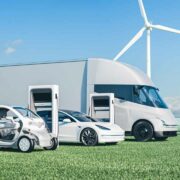
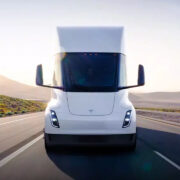


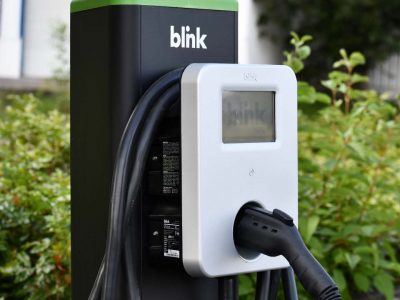

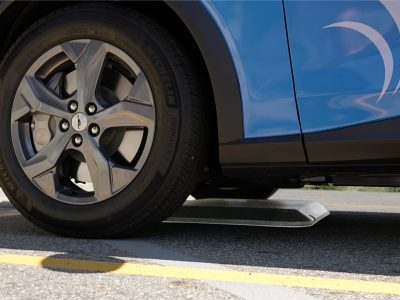
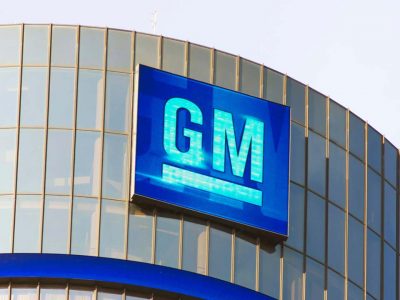


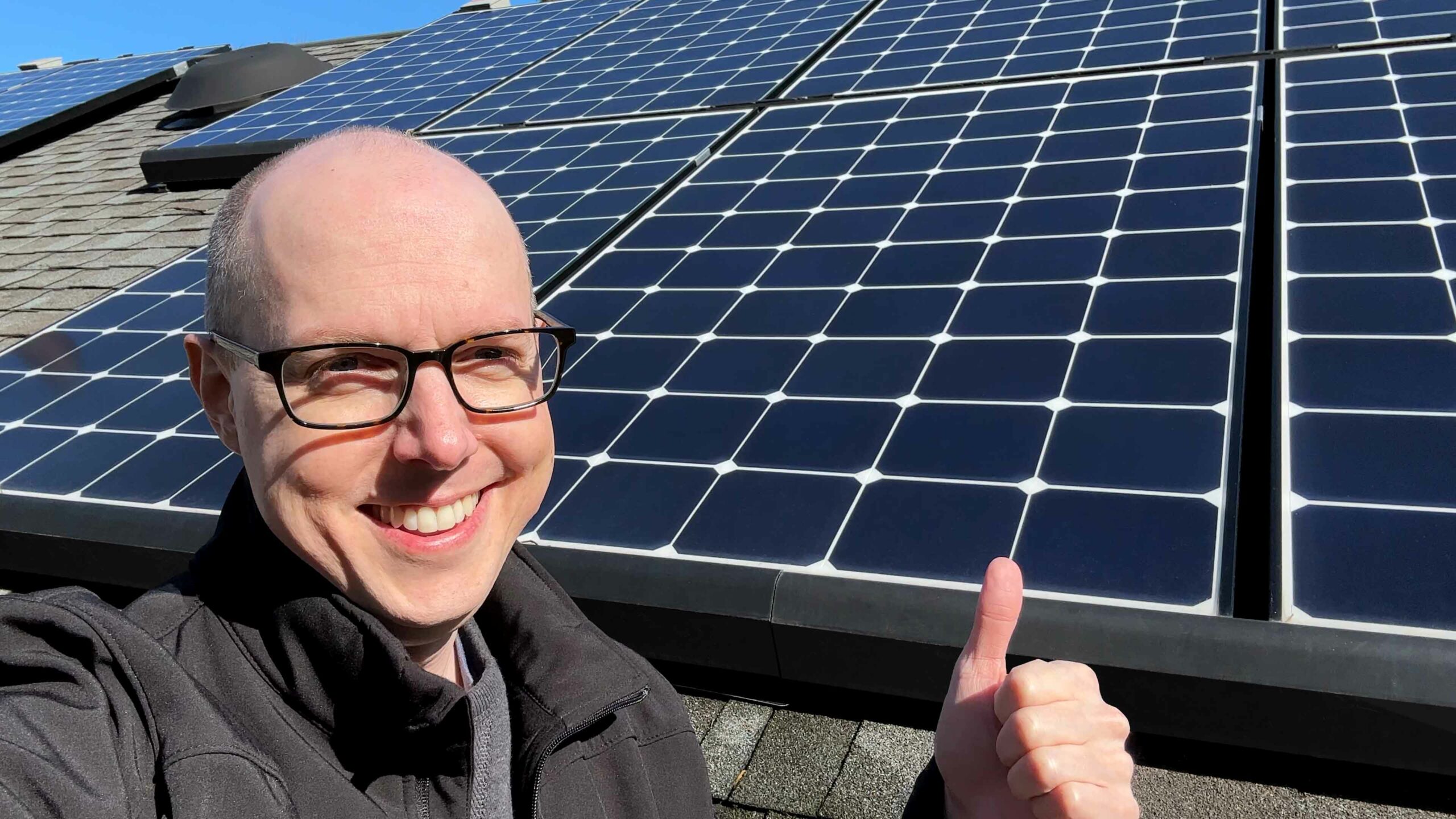




Comments